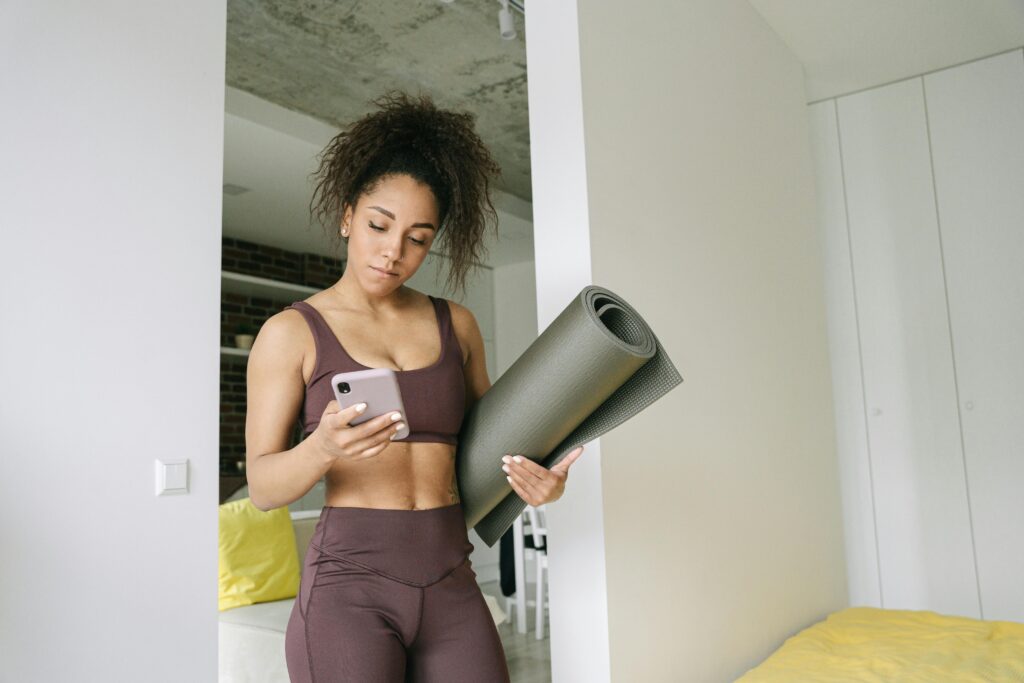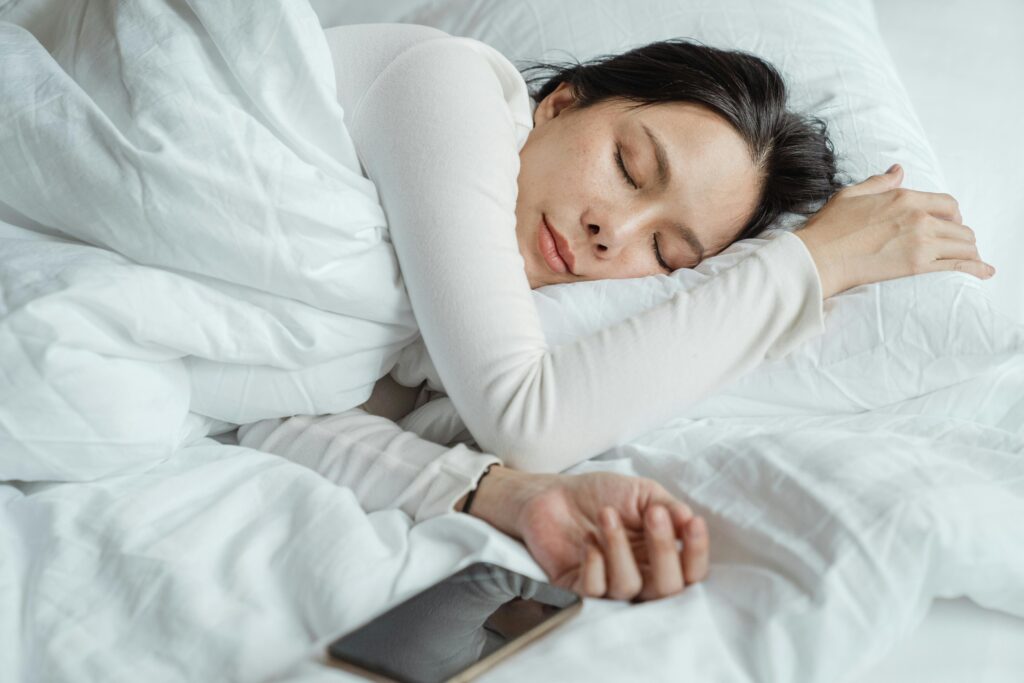In an always-on world, stress, anxiety, and sleepless nights have become everyday experiences for millions. But in 2025, technology isn’t just part of the problem—it’s also a powerful part of the solution. Thanks to significant advances in digital wellness tools, people around the world are now turning to mental health apps, AI-powered therapy, and sleep-tech solutions to regain control of their minds and moods.
Mental health remains one of the most searched wellness topics globally, and the intersection of tech and therapy continues to gain momentum. Whether you’re navigating work burnout, struggling with social anxiety, or simply trying to improve your sleep, there’s likely a digital tool to help.
Here’s how the digital age is reshaping mental health—and a look at the top tools for stress, anxiety, and sleep in 2025.
📱 Why Mental Health Tech Is Booming in 2025
The stigma around mental health has steadily declined, while access to affordable in-person care remains limited in many parts of the world. This has created a massive demand for accessible, evidence-based mental health solutions—and the tech industry has responded in kind.
From AI chatbots and mood tracking to mindfulness apps and wearables that track sleep cycles, the mental wellness market is now a $20+ billion industry. These tools aren’t replacing professionals but supporting users between sessions and offering help where traditional therapy is inaccessible or unaffordable.
🧠 Best Apps for Managing Stress in 2025
1. Headspace 2.0
Still a top player in the mindfulness game, Headspace’s latest iteration uses personalized meditation pathways, guided stress-busting breathing exercises, and even interactive journaling powered by AI. In 2025, it’s also integrated with smartwatches to recommend quick exercises when stress levels spike.
Key Features:
- Stress-reduction modules
- Daily check-ins and progress tracking
- Live mindfulness sessions with coaches
2. Calm Mind AI
This AI-powered app goes beyond traditional meditation. Calm Mind AI uses your voice input and mood data to provide personalized audio feedback, relaxation techniques, and even nature-based soundscapes based on your current emotional state.
Best For:
Real-time stress relief for busy professionals and students
😟 Top Tools for Easing Anxiety
3. Youper
Youper is an AI therapy assistant that simulates cognitive behavioral therapy (CBT) conversations. In 2025, it’s more empathetic and accurate than ever, allowing users to talk through anxious thoughts in real time. It also tracks patterns in thought and behavior over time, offering tailored exercises and insights.
Why It’s Popular:
- 24/7 chatbot therapy
- Based on CBT and emotional regulation
- Fully private and secure
4. Wysa
Wysa is another AI-powered mental health app, with a growing library of clinically validated therapeutic exercises. In 2025, its upgraded platform supports multi-language interaction, making it a favorite in non-English-speaking markets.
Bonus:
You can now opt into human coach support at an affordable price, blending AI and human guidance.
😴 Best Sleep Apps and Devices in 2025
5. Pzizz
Sleep is often the first casualty of a stressed mind. Pzizz has continued to evolve and now uses neuroscience-backed soundscapes to help users fall asleep faster, stay asleep longer, and wake up refreshed. Its AI generates custom “dreamscapes” based on your sleep history and preferences.
Features:
- Sleep, nap, and focus modes
- Adaptive audio that responds to sleep phases
- Integration with smart home systems (lights, temperature)
6. Hatch Restore 3
A hybrid of an app and a physical device, Hatch Restore 3 acts as a smart alarm clock, white noise machine, and sunrise simulator. Combined with its app, users can schedule personalized sleep routines, track REM cycles, and sync with mental health apps to see how stress impacts sleep.
Best For:
Creating an ideal sleep environment and building better routines
🔄 How Wearables Are Supporting Mental Wellness
In 2025, wearable technology plays a central role in mental health care. Smartwatches and rings like Oura Ring 4 and Apple Watch Ultra 3 now include features like:
- Cortisol detection (stress hormone monitoring)
- Heart rate variability tracking (linked to emotional regulation)
- Sleep scoring with detailed recommendations
Many mental health apps integrate with wearables to offer real-time feedback, reminding users when to pause, meditate, or stretch.
🔐 Are Mental Health Apps Safe and Effective?
Security and scientific credibility have been major concerns in digital health. In 2025, many top apps have addressed this with:
- HIPAA-compliant data storage
- Peer-reviewed research supporting therapeutic approaches
- Transparent privacy policies
However, users should always review app credentials, check for clinical validation, and remember that apps work best as complements—not replacements—for professional help.
🌐 The Future of Mental Wellness Is Digital—and Personalized
As we move deeper into the digital age, the future of mental health care is hybrid, data-driven, and democratized. With tools that can adapt to your mood, schedule, and goals, managing mental health has become more accessible and proactive than ever before.
But the most powerful tech in the digital wellness age isn’t the app—it’s the decision to prioritize your mind and well-being.
✅ Final Takeaway
Mental health in 2025 is no longer a luxury or afterthought—it’s part of daily life. Whether you’re seeking better sleep, less stress, or tools to navigate anxiety, the right app or wearable can make a major difference.
So take a breath, explore your options, and give your mind the same care you give your body.



